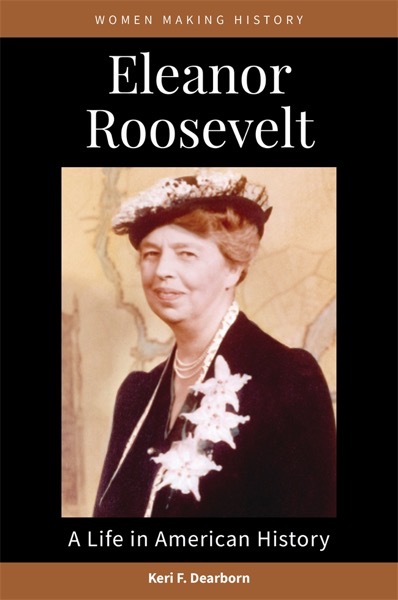Transcript:
Host: So when we think about westerns in particular which seems like such a male-oriented genre – The cowboy is such a looming figure in that genre – how do we see them differently when we focus on the stories that women wrote or that are less often told?
Rosanne: Certainly the difference is that when we think of a female-focused story versus a male-focused story – and this is unfair to young boys and to men – we teach men in our literature – in our drama, in our movies – we teach them that the only way for them to succeed is to master a particular weapon – which, of course, in the west is a rifle, it’s the pistol, it’s the gun – and take on the bad guy all alone. We’re doing “High Noon” and it’s me and you, that’s it. If I die the whole world falls apart and that’s a lot of pressure to put on one character. Whereas female stories are generally centered in I have come to this new place with a bunch of other people. We are a community and we must all rise together. We must all help each other.
The Stephens College MFA in TV and Screenwriting is building a relationship with the Autry Museum of the American West since both organizations are devoted to bringing out more diverse and untold stories. Last year we were able to take our cohort of graduating MFA candidates to the museum’s theatre for a showing of Michael Wilson’s Salt of the Earth and we had plans to present a film of our choice this year – but of course the pandemic changed all that. Instead, Autry Curator Josh Garrett-Davis asked me if I would sit for an interview about female screenwriters in the western genre and so “When Women Wrote Westerns” came to be a part of their “What Is a Western? Interview Series”.
I had a great time discussing so many wonderful women writers – from Jeanne MacPherson to D.C. Fontana to Edna Ferber to Emily Andras. If you love westerns I suggest you watch Josh’s other interviews covering everything from the work of Native Americans in Western movies to films in the western-horror hybrid. — ![]()
What this entire presentation
As part of a series exploring the significance of the Western genre and the ways in which the movies shape our understanding of the American West, Autry Curator Josh Garrett-Davis interviews Professor Rosanne Welch about the women screenwriters of Hollywood and their contributions to the Western genre.
Find more information at the Autry Museum of the American West
Podcast: Play in new window | Download
Subscribe: RSS
![05 Women and Westerns from What Is a Western? Interview Series: When Women Wrote Westerns from the Autry Museum of the American West [Video]](https://rosannewelch.com/wp-content/uploads/2022/07/rmw-western-05.jpg)
![“The Iron Mask” Costume, , Hollywood Heritage Museum (Lasky-DeMille Barn) via Instagram [Photography]](https://rosannewelch.com/wp-content/uploads/2022/07/fairbanks-costume.jpg)

![Creature from the Black Lagoon Costume, Hollywood Heritage Museum (Lasky-DeMille Barn) via Instagram [Photography]](https://rosannewelch.com/wp-content/uploads/2022/07/creature.jpg)
![14 Obituaries Are Unreliable Narrators from When Men Forget Women: The Many Ways Male Screenwriters Fail to Mention their Female Colleagues [Video]](https://rosannewelch.com/wp-content/uploads/2022/07/rmw-scms-2021-14.jpg)
![Vintage Film Cameras, , Hollywood Heritage Museum (Lasky-DeMille Barn) via Instagram [Photography]](https://rosannewelch.com/wp-content/uploads/2022/07/vintage-film-cameras.jpg)

![14 Owen Harper from Why Torchwood Still Matters with Dr. Rosanne Welch, San Diego Who Con 2021 [Video]](https://rosannewelch.com/wp-content/uploads/2022/07/rmw-whocon-2021-torchwood-14.jpg)

![04 More On Unreliable Narrators from What Is a Western? Interview Series: When Women Wrote Westerns from the Autry Museum of the American West [Video]](https://rosannewelch.com/wp-content/uploads/2022/07/rmw-western-04.jpg)
![13 Women Writers To Remember from When Men Forget Women: The Many Ways Male Screenwriters Fail to Mention their Female Colleagues [Video]](https://rosannewelch.com/wp-content/uploads/2022/07/rmw-scms-2021-13.jpg)
![13 Toshiko (Tosh) Sato from Why Torchwood Still Matters with Dr. Rosanne Welch, San Diego Who Con 2021 [Video]](https://rosannewelch.com/wp-content/uploads/2022/07/rmw-whocon-2021-torchwood-13-copy.jpg)